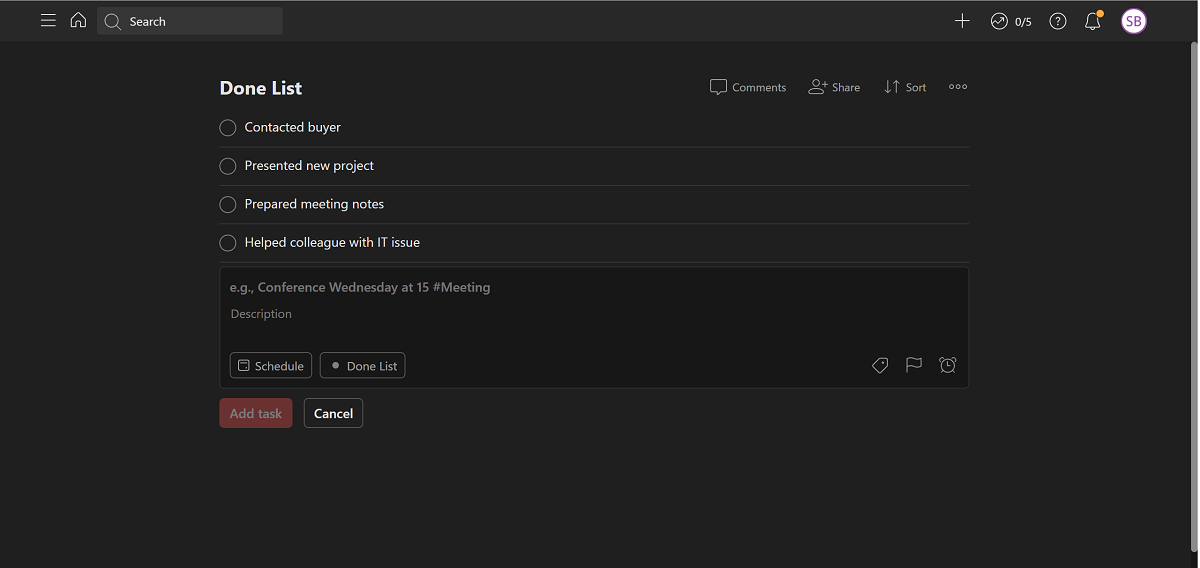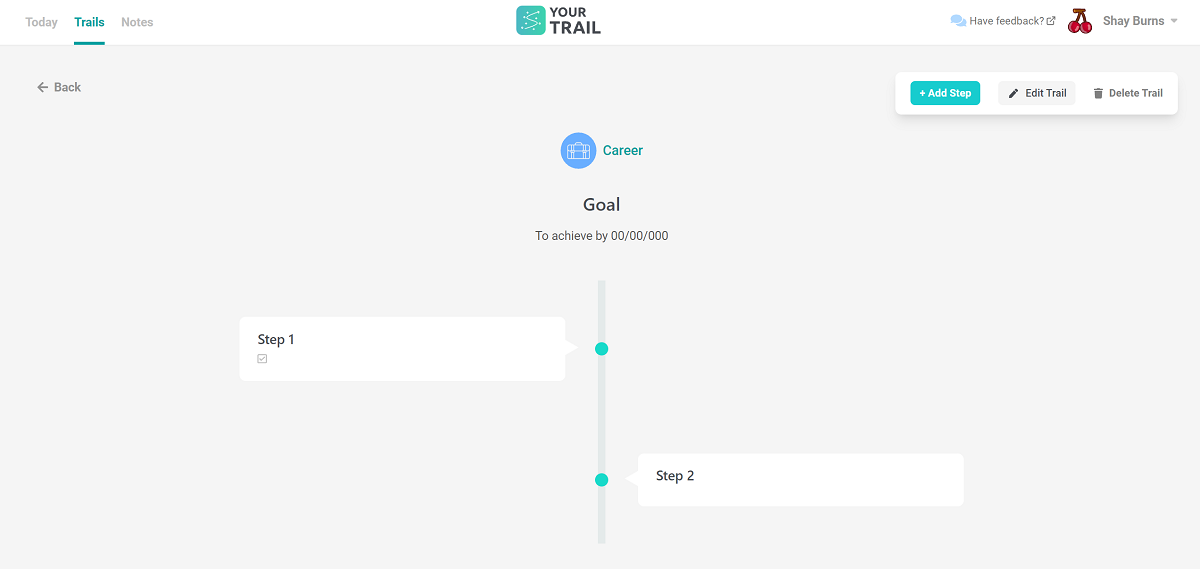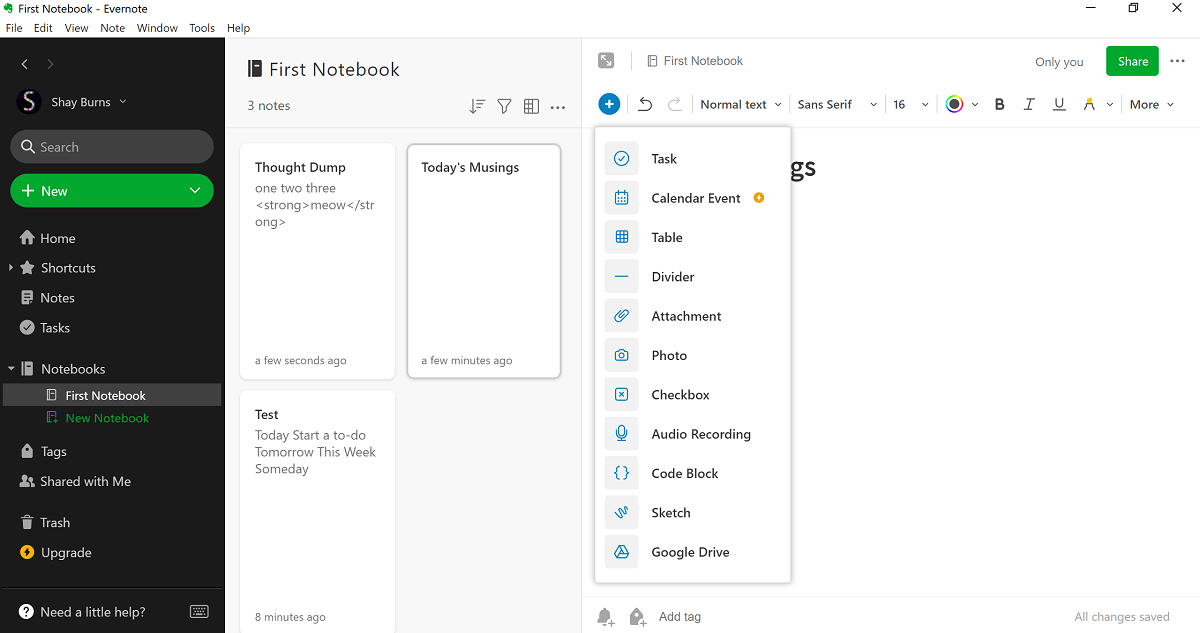Perfectionists are often associated with unrealistic standards and work-obsession, in which anything short of perfection isn't accepted. This can be incredibly draining and unhelpful, especially if it isn't channeled in a healthy way.
If you relate to this, it might be worth knowing that there are some strengths to perfectionism. Using the right tools, you can redirect that energy into enhancing your potential.
The Good and Bad Sides of Perfectionism
Perfectionism isn't just a one-size fits all category; there are in fact two distinct types where self-directed excellence is required. Depending on which one you are affects how you view things around you and your sense of control.
If you are a failure-oriented or maladaptive perfectionist, your drive to do well comes from your perceptions of other people's expectations, real or imagined. You tend to believe that your work is inferior to others', and you persistently overwork yourself to avoid social shame. You might even suffer from Imposter Syndrome, which is where you feel like a fraud in the workplace.
If not handled properly, this form of perfectionism can elicit low self-esteem, frequent bouts of disappointment, and can negatively impact your mental health. It is an unhealthy way to navigate achievement and causes more harm than good.
On the other hand, if you are an achievement-oriented or adaptive perfectionist, you will take a lot of enjoyment from hard work, and eagerly approach challenges. In turn, this might enhance your self-esteem and improve your motivation to work, with a view to constantly bettering yourself in relation to your own values.
Usually, these people are very inwardly focused and apply themselves rigorously to their goal. They can still benefit from balancing this with good wellbeing techniques, as with anyone, but they generally have a healthy outlook.
The aim is to move from the maladaptive to the adaptive approach, and although this can take time, there are some tried and tested ways to make this shift.
Set SMART Goals
Adaptive perfectionism means placing more importance on your own values, and to do this, it's a good idea to practice setting goals. This will provide you with clear plans on how to accomplish what you want, within your own realm of possibilities.
To have the most success with accomplishing your objectives, make your goals SMART:
- Specific
- Measurable
- Attainable
- Realistic
- Timely
A good application to get started with this is Your Trail, which is a free web-based tool that allows you to set goals on a timeline and break them down into smaller steps. Simply go to the Trails tab, Create New Trail, and write your main goal into the Name field. You can add a description, and also categorize your trail by selecting Assign life area.
Then you can get to work by breaking your main goal down into more achievable SMART steps. For example, if your central aim is to improve your knowledge base, your first action might be to attend training, do research, or shadow a colleague. Concentrate on how you want to improve, and disregard pressure about anything else.
Utilize a Dumping Ground for Your Thoughts
Wanting to attain perfection means that perfectionists are highly creative and great problem-solvers, but they need a place to centralize those processes. Evernote is a productivity tool that lets you create notes, sketches, tasks and upload documents, and it is a perfect dumping ground for your thoughts.
When you create your account, select the green New button on your taskbar, select Note, and you can start writing. You can select a template from the Open Gallery button to get some inspiration, or you can use design it yourself by clicking the blue Insert symbol and picking from the tools available, such as a Table, Audio recording, Photo, Attachment, Sketch, and more.
When deciding what to write, don't overthink it. The aim is to get what is going on in your head, down into something tangible, so that you can put it away and come back to it another time. If you're unsure of how to get going, some recommended Evernote templates are:
- Gratitude Journal template for journaling.
- Daily Recharge template for simple reflections.
- Reflect and Correct for contemplating your goal journey.
- Individual Project for project planning.
Swap Your To-Do List for a Done List
Being failure-oriented suggests that you fixate on the things that you have yet to achieve, and having a list of tasks that are unfinished can worsen this mentality. To avoid this, you may need to give up your to-do list.
With that out of the way, you can then start compiling a “done list”, which serves as a catalog of work you have completed. It is a fantastic tool for any perfectionist, because it gives you a visual of your accomplishments, rather than crossing them out, and you can look back on a hard day's work and see exactly how much you have done.
You can create an easy-to-use done list using Todoist by following these steps:
- Under Projects on your taskbar, click the Plus symbol
- On the Add Project window, type “Done List” into the Name field
- Select the Color of your choosing
- Select either the List or Board layout, depending on your preference
- Click Add
- On your Done List, click Add task to write down the jobs you have completed
If you're wondering how you'll remember to do your pending tasks, a practical alternative to a traditional to-do list is to schedule your tasks into your digital calendar app.
This is sometimes referred to as “living in your calendar”, and enables you to manage your time effectively while simultaneously removing any reminder of incomplete work.
Getting the Most Out of Perfectionism
Despite the fact that perfectionism isn't always ideal in the workplace, or life, hard work and persistence can lead to success. Ideally, you want to use the strengths that you possess and discard the aspects of perfectionism that hinder you.
Now that you have the tools of the adaptive approach, you can channel your high-achieving zest into something productive, and all the while feel proficient while doing it.



